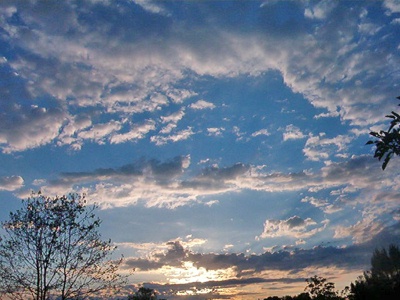All Nonfiction
- Bullying
- Books
- Academic
- Author Interviews
- Celebrity interviews
- College Articles
- College Essays
- Educator of the Year
- Heroes
- Interviews
- Memoir
- Personal Experience
- Sports
- Travel & Culture
All Opinions
- Bullying
- Current Events / Politics
- Discrimination
- Drugs / Alcohol / Smoking
- Entertainment / Celebrities
- Environment
- Love / Relationships
- Movies / Music / TV
- Pop Culture / Trends
- School / College
- Social Issues / Civics
- Spirituality / Religion
- Sports / Hobbies
All Hot Topics
- Bullying
- Community Service
- Environment
- Health
- Letters to the Editor
- Pride & Prejudice
- What Matters
- Back
Summer Guide
- Program Links
- Program Reviews
- Back
College Guide
- College Links
- College Reviews
- College Essays
- College Articles
- Back
Being a Poet
How common it is for Americans to view poetry, or any writing for that matter, as an outlet for disturbed, lonely minds to spell out their distress in a creative, self-validating profession. "Poets wear their hearts on their sleeves, and everything they write is depressing!" is a paraphrase of the common misinterpretations of the art. The absurd assumption is that once a poet is turned down by a significant other, he/she resorts to scheming a heart-wrenching literary masterpiece on the matter.
In fourth grade, my teacher encouraged our class to experiment with poems, as well as read them aloud. More than half the class wrote poems that bore a sorrowful, or even miserable tone, expressing the loss of a goldfish or the rejection of an admirer. The way people think of poets (Edgar Allen Poe, Emily Dickinson, William Shakespeare) is largely affected by one's education on poems. If poems are only taught to bring out the somber piece of the educational pie, people will not have the right idea.
Yet even though most people know the wisdom of Maya Angelou, or the humor and reverence of Shell Silverstein, they still don't understand. Poets are insane, in-love, emotionally wrecked, isolated and insecure. A poet must either write a sob story or a cheesy love ballad.
However this is far from the true perspective. Poets do write about their sorrows, and the destructiveness in life, but poetry, in my opinion should not be about destruction. Poetry is about life. Life is joy among sorrow, love among hatred, peace among war, grace among transgressions, and life among death.
More than that, poetry is about simplicity. When I stood up in front of the class to read my poem about the river, and the sun shining on the ripples creating gems of all colors, the class seemed unsure as to whether or not what I had written was really a poem; it contained no emotion. As I grew older and wrote many more poems, people would marvel at them yet never consider me an actual poet. In my preteens and early teens I showed little emotion. I did not have romantic thoughts rolling through my head every second and I never even kept a journal. Yet I believe poetry can capture the simplicity of life, which is just as passionate and sentimental as an obviously emotional experience.
The truth is, poetry is written by all different types of people with all different kinds of experiences. Poetry does not have one personality. It is consumed by millions of paradigms, many different hearts that wish to convey a million different emotions, dreams, philosophies, hopes, and perceptions. Being a poet does not mean you must write what you feel will make most people cry, laugh, or gasp; you simply write whatever is important to you, and then you coat it with your creativeness and structure that is pleasing to the ears.

Similar Articles
JOIN THE DISCUSSION
This article has 0 comments.
